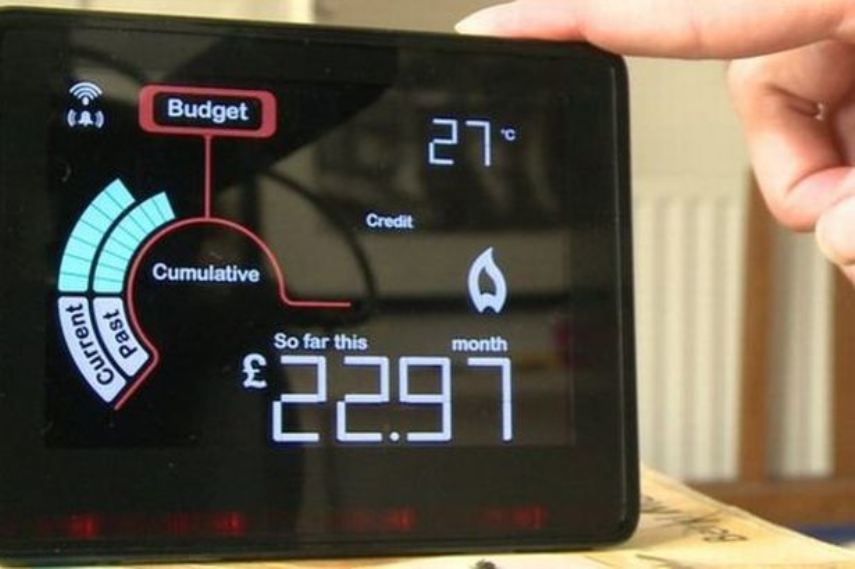
The Government’s new smart meter rollout timetable for a device in 85% of homes by 2024 cannot be met, the energy industry has warned.
Trade body Energy UK, which represents suppliers across the country, said its members are being set up for failure and could face massive fines under the deadline.
It took a swipe at the new plan after officials were forced earlier this year to abandon their original target of a smart meter in every home by 2020.
“At best only 68%” of homes will have a smart meter by the deadline, research commissioned by Energy UK shows.
This is far below the Government’s proposed target of 85%.
In a letter to the Department for Business, Energy and Industrial Strategy (BEIS), seen by the PA news agency, the trade body said it “will not be possible” to reach the 85% target.
Energy UK members, which include most of Britain’s energy companies, overwhelmingly agree with the assessment, it added.
The Government laid out its calculations in September, saying that if suppliers could keep up the pace of the rollout, they would reach full coverage by 2023.
However, it recognised that low-hanging fruit has already been picked and that some households may be reluctant.
Yet BEIS concluded that 85% is still “realistically achievable” by 2024.
The department was unable to comment as it is governed by pre-election purdah rules.
These suppliers are being set up to fail under the current system, which allows customers to say no to a smart meter, the letter said.
“There is the prospect that suppliers will face significant financial penalties for non-compliance of legal obligations as a result of factors outside of their control,” the letter warned.
It is a blow to the Government’s policy of trying to get a smart meter in every home in the country.
In September, BEIS suggested a new deadline for smart meters to reach 85% of homes by 2024, abandoning its old 2020 target, with fines for suppliers who fail to meet annual targets until then.
There had been arguments between Government and the industry, after ministers quietly dropped the target for every home to have a smart meter, changing the wording to every home being “offered” one.
But even this delayed target could be impossible, Energy UK warned in its response to the new proposals, submitted to the department on Monday.
“Consumer appetite to proactively seek the installation of a smart meter has plateaued well below the levels previously hoped,” the body said.
A report from Frontier Economics, commissioned by Energy UK, found that only one in eight suppliers would be likely to meet the 85% target by 2024.
A more realistic “but still over-optimistic” target for the sector is 68%, Frontier Economics said.
It said BEIS has assumed that the rollout can continue at the same speed “despite the shrinking base of non-smart customers”.
“BEIS is implicitly assuming that the rollout is limited by operational factors, rather than customers’ acceptance,” the report said.
“This is incorrect, and constructing forecasts on the basis leads to unrealistic conversion rates.”
Energy experts say there are still customers who want a smart meter who are unable to get one – primarily because they still do not work in certain properties, such as high-rise flats.
Energy UK told PA that the energy sector is “fully committed to completing the rollout”.
“That’s why we have suggested a number of proactive policies the Government should implement quickly to drive greater consumer uptake of smart meters.”
Smart Energy GB, a campaign group formed to educate people on the benefits of smart meters, said: “We agree that the rollout is an essential upgrade to our outdated energy infrastructure and without it, reaching the Government’s net zero target will be nigh on impossible.”
Recommended for you
